Table of Contents
Some people may feel their heart racing or thumping in their chest after eating. So why does the heart race after eating? This phenomenon is often called heart palpitations. It is recognized that heart rate slightly increases after meals to allow increased blood flow for digestion. However, you may experience heart palpitations after eating for many different reasons.
This article will examine facts about elevated heart rates and heart palpitations after eating. Are there specific foods that can make our pulse race or worsen heart palpitations? Are these palpitations and increased heart rate dangerous?
Why does heart race after eating: Facts you should know
Heart palpitations are rapid pulsations or abnormally rapid or irregular heart beating. They are often described as the perception of a skipped beat, rapid fluttering in the chest, pounding sensation in the chest or neck, or a flip-flopping in the chest (1).
Heart palpitations during or after eating can be caused by a natural response or a change in your heart’s electrical system. It may be confused for a problem with the heart’s blood vessels, such as a heart attack (2).
Heart palpitations after a meal aren’t usually a big deal or a serious issue. It is common, nonspecific, and often passes on its own (1, 2, 3).
However, in some cases, a fast pulse or palpitations can be a symptom of a heart rhythm problem or arrhythmia (1).
Heart palpitations – What it feels like?
Heart palpitations are when you have an unpleasant awareness of your heartbeat. You will feel like (1, 4, 5):
- Your chest flutters fast.
- Your heart skipped a beat (ectopic beats).
- It’s pounding or throbbing in your chest and neck
- Your heart beats too fast, like racing.
- Your heart is flipping or turning over.
This sensation can last seconds, minutes, hours, or even days (2, 3).
An increased heart rate of around seven beats per minute can be reached within 1-2 hours after the meal. But you can still feel the effects for up to 4 hours (6, 7).
Though heart palpitations or elevated heart rate after eating can seem scary, it is usually not dangerous (2, 3).
Heart rate 120 while eating – Is it normal?
Your heart usually beats about 60 to 100 times every minute. Some smartphone apps or smart watches allow you to assess your heart rate (4, 8).
After a good meal, your heart rate may increase a bit, no matter what you eat. It is because your stomach needs more blood flow from your heart to help digest the food (6, 9, 10).
Once your food is fully digested, your heart rate should return to normal. If you still feel an accelerated heartbeat a few hours after a meal, it may imply other conditions (6).
One study found after eating, participants’ heart rate increased by an average of seven beats per minute (6). So a pulse of 100 after eating is still considered normal.
However, if it’s over 120 beats per minute while you are at rest, then this is abnormal.
Unrelated to eating, if your heart rate jumps over 120 beats per minute within 10 minutes of standing up, it could mean you have POTS or postural orthostatic tachycardia syndrome (11). POTS happens when your body doesn’t get enough blood after changing position. You’ll also have other symptoms like dizziness or faintness (11).
Heart palpitations: When should I see my doctor?
Heart palpitations are usually common and do not indicate any heart condition (1, 4). Also, it is normal for your heart rate to increase slightly after eating.
The case will be more complex if you have a history of heart problems or have been diagnosed with an abnormal heart valve, atrial fibrillation, or arrhythmia. In these cases, having just one episode of irregular heartbeat can cause blood clots or even a stroke (1, 4, 12).
Sometimes, heart palpitations can be caused by iron deficiency anemia or having an overactive thyroid (2, 3, 1, 13).
Consider visiting a doctor if you have heart palpitations at any time and (3, 4):
- Keep having them regularly
- Last for more than a few minutes
- Have a family history of heart problems
- Have a pre-existing heart condition
- Have a risk factor for heart disease
The medical appointment may involve an electrocardiogram (ECG) if your doctor suspects any heart condition. It’s a test where they stick little pads to your skin to check the electric signals from your heart (3, 4).
If you can’t reach the doctor’s office during an episode, your doctor may give you a portable heart monitor at home. It can be the Holter monitor, which records the heartbeat continuously for 24 hours, or an event monitor, which takes short recordings (1, 2, 12).
Your doctor may also offer blood tests to check for anemia, infection, thyroid hormone, and electrolytes.
Once your doctor gives you the all-clear on serious issues, try not to stress too much about your condition. Still, if you notice them getting worse or changing, it’s best to contact your doctor (4).
Also, get help right away if you have heart palpitations along with (2, 3, 4, 5):
- Chest pain or tightness
- Fainting (also known as syncope) or losing consciousness
- Trouble breathing or shortness of breath
- Confusion, feeling lightheaded, or experiencing dizziness
- Sweating a lot or experiencing unusual sweating
- Feeling tightness in your chest, jaw, neck, arms, or upper back
In such instances, you may need to set up emergency medical care, as the condition may be life-threatening.
Treatment for heart palpitations
Heart palpitations are different from person to person. Usually, you don’t need to do anything about them. But if you need treatment, trace back to what’s causing them (2, 3).
Sometimes, your doctor may suggest taking some medications, or if you have a serious abnormal heart rhythm, they may recommend you get an ablation. An ablation is a procedure that makes small scars in your heart to prevent the movement of abnormal electrical signals and the abnormal rhythm from returning (2, 4).
Your doctor may also suggest some tricks to help normalize your heart rate and rhythm. You could use the Valsalva maneuver (you push air out with your nose and mouth closed (like having a bowel movement) or splash some cold water on your face (2).
Determine what foods or activities trigger your racing pulse or palpitations. Keeping a food diary can help you spot which foods give you palpitations.
Furthermore, some common factors can worsen your condition, such as alcohol and nicotine. Stress and anxiety can also be a matter of concern (4, 12, 14).
Palpitations or elevated heart rate after eating is usually not a big deal. It typically subsides on its own. However, if it keeps happening or goes with other symptoms, and in case you have a history of heart problems, you should consult a doctor. To manage it, try identifying trigger foods and reducing alcohol and cigarettes while enjoying your meal.
‘Why do I get heart palpitations after eating’ – From plate to pulse
It is normal for your heart rate to slightly raise, to increase blood flow and help with digestion. However, there are situations when an increased heart rate is not due to typical causes.
When your heart beats normally, it follows signals from the sinus node. But if another part of the heart starts sending signals, the heart will beat faster, have an extra beat, or have an abnormal rhythm, which is an abnormal cause of elevated heart rate. (2).
Besides foods, factors like stress, tiredness, lack of water, sickness, structural heart diseases, overactive thyroid, and medications can also contribute to heart palpitations (4, 13).
The way you eat
Eating a big meal can make your heart beat faster for an extended period, especially if you are obese. In a study, the heart delivered about twice as much extra blood during the two hours after the large meal than after the small meal (7, 15).
Skipping breakfast may cause heart rate problems and not good for overall heart health (16).
When you eat, strive to keep yourself hydrated. Just mild dehydration can hamper the functioning of the heart and blood vessels (2, 17).
If you drink alcohol or smoke, it’s better to reduce them during mealtime since they can make it more likely for you to have atrial tachycardia (rapid heartbeat above 100 beats per minute).
Smoking might be a cause. It makes the heart tissue more adrenaline-prone, which drives arrhythmia (18).
Regular drinking, even with a moderate amount of alcohol, can increase the risk of atrial fibrillation, an abnormal heart rhythm, the most common cause of heart palpitations (3, 19).
Using illegal drugs like amphetamines, methamphetamine, heroin, cannabis, or cocaine can also increase your risk of abnormal heart rate (5, 13, 14).
Can allergies cause heart palpitations? (Plus other factors)
Recent studies suggest a link between allergies and an increased risk of heart disease, which could lead to heart palpitations as a symptom. The underlying cause is an overactive immune system and increased pro-inflammatory mediators, which lead to plaque buildup inside the arteries or atherosclerosis (3, 20).
Mast cells (a type of immune cell) are abundant in the heart and can be activated by allergens, affecting the heart’s rhythm. In severe scenarios, such as anaphylaxis (an extreme immune response to the allergen), it can result in death (21).
Many allergic conditions, including asthma, can even increase the risk of cardiovascular disease. So, before you use an allergy pill, it’s better to consult your doctor first (4, 22).
Other unchangeable factors like aging, being male, and going through menopause may also place you at risk of heart palpitations (3, 13, 16).
Pregnancy is also associated with a greater risk of arrhythmias. Hormonal changes can explain these cases and are often harmless (3, 23).
Yet it’s still vital for doctors to evaluate arrhythmias early on so they can choose the best treatment if needed.
Medications and supplements
Sometimes, certain medications you take can interact with your heart.
Consequently, it may result in heart palpitations. Common drug classes include (4, 13, 14, 24):
- Antiarrhythmic drugs (common drugs for irregular heartbeats)
- Asthma and cold medicines like pump inhalers
- Bronchodilators (to relax your airways for better breathing)
- Decongestant drugs (to clear nasal passages)
- Anticholinergic drugs (to treat Parkinson’s disease)
- Antiemetic drugs (to prevent nausea and vomiting)
- Vasodilators and hydralazine (to relax and dilate blood vessels)
- Anticancer and anti-inflammatory drugs
- Thyroid drugs
- The recent withdrawal of β-blockers
- Diet (or weight-loss) pills
Taking dietary supplements with meals can sometimes adversely affect your heart and blood vessels. This effect may drive a rapid pulse of consuming the supplement. These supplements include, but are not limited to (25):
- Garlic, green tea, and aloe vera (for high cholesterol)
- Maté and bitter orange (to treat obesity)
- Senna (as a laxative)
- Ephedra (to treat headaches)
- Ginseng (for people with diabetes)
- Horse chestnut (to treat poor blood flow in veins)
The side effects can come from the herb, a contaminant, or interaction with medication (25).
Besides what you eat, there are many reasons why you may experience heart palpitations at any time. They are stress, stimulants (alcohol, tobacco, illegal drugs), dehydration, and some medications. Eating a big meal, allergies, aging, and menopause can also contribute to heart palpitations.
Explore what foods raise heart rate
In many situations, elevated heart rate after eating could result from what you eat or drink.
Excess caffeine and salty food can increase your risk of rapid heart rate (3). Usually, you should aim for a well-rounded diet, not just stick to or avoid particular kinds of food.
Can too much salt cause heart palpitations?
Your body needs a small amount of sodium; 90% is from salt to work properly. Yet too much sodium can increase your blood pressure and put you at risk for heart disease and stroke (26, 27).
A heart-healthy meal plan contains less than 2,300 mg of sodium daily, yet just one teaspoon of table salt contains about 2,400 mg (28).
Notably, 90% of Americans over-consume sodium. Americans eat more than 3,400 mg of sodium daily (27).
Sodium often comes from processed, restaurant, or canned foods (27). Americans get about 40% of their sodium from (26, 28):
- Bread and rolls
- Pizza
- Sandwiches and burgers
- Cold cuts and cured meats
- Soups
- Burritos and tacos
- Savory snacks (e.g., chips and popcorn)
- Deli meat (e.g., poultry and chicken)
- Cheese
- Egg dishes and omelets
Sodium can also hide in monosodium glutamate (MSG, a flavor enhancer), baking soda, and preservatives like sodium nitrate or sodium benzoate (26, 28).
It’s not just about sodium or salt but the balance of sodium and potassium. Potassium imbalance can disrupt heart electrical conduction, leading to irregular heartbeats and even sudden death in severe causes (29).
Extreme low levels of potassium could lead to abnormal heart rhythms. You can fix that by eating more fresh vegetables, fruit, seafood, and dairy products (29, 30).
‘Why does my heart race after eating carbs’ – Underlying mechanism
There are three types of carbs: sugars, starches, and fibers. Sugars and starches can spike blood sugar, contributing to a racing heart (especially if you have hypoglycemia). Yet, fiber won’t (31, 32).
Many carbs are considered FODMAPs, so if you’ve got IBS, heart palpitations and gas after eating can occur if you overeat sugar and starches (1, 33).
Even if you eat different kinds of food, your heart rate increases after eating. But it may go up the most after eating carbs (9).
Carbs are vital to a healthy diet, but let’s go for the smart ones.
Opt for complex carbs from legumes, non-starchy vegetables, whole grains, and fiber. They can be absorbed slowly, which helps keep your heart rate at bay. It’s best to limit refined carbs, processed foods, or sugary treats like candy, cookies, soda, and syrups (31, 34).
Excess caffeine and heart palpitations while eating
Apart from coffee, familiar sources of caffeine are energy drinks, tea, soda, and chocolate.
If you have been diagnosed with a heart rhythm disorder such as atrial fibrillation or an arrhythmia, some doctors may recommend avoiding all caffeinated drinks, especially coffee (35).
However, one review found no scientific proof to support this recommendation unless the individual has a known reaction to caffeine. Many large-scale studies indicate that coffee and tea (up to 300 mg caffeine/day) are safe and may lower the risk of an abnormal heart rhythm (35, 36).
However, excessive caffeine consumption can trigger that fluttering in your heart.
A regular cup of joe contains 95 mg of caffeine, so two cups per day can be fine (35).
And can chocolate cause heart palpitations? Chocolate has far less caffeine than coffee, yet it often contains added sugar (37, 38). Plus, theobromine in chocolate can increase your heart rate (39). So don’t go overboard with them.
Can spicy food cause heart palpitations?
Spicy food intake can boost your metabolic rate, increase thermogenesis, and cause “heartburn” or reflux, which can result in heart palpitations (40, 41).
Also, limit foods high in saturated fats such as meat (especially with skin), tallow, lard, cream, butter, cheese, and palm oil (34, 42).
Excess caffeine and salty foods can increase your risk of heart palpitations during or after eating. Go for complex carbohydrates while limiting refined ones and sugary drinks. It’s prudent to contact a doctor for some personalized advice.
Does digestion increase heart rate?
The digestion process requires energy and activates many physiological mechanisms, including increased blood flow to the stomach and other digestive components. It can lead to a temporary rise in heart rate.
What foods stop heart palpitations?
No magic potion can totally prevent heart palpitations. But you can avoid them by maintaining a healthy diet, including lots of fruits and veggies. Incorporating whole grains, healthy fats, and lean protein is also a good idea. Plus, keep an eye on your sodium intake.
Does diabetes cause heart palpitations?
Diabetes itself may not cause heart palpitations. Yet it can contribute to increased heart disease risks that can lead to heart palpitations. According to a small study, people with diabetes tended to have a higher resting heart rate compared to persons who do not have diabetes.
Can sugar make your heart race?
Yes, high sugar intake can get your adrenaline, or epinephrine, pumping. It is a hormone that prepares your body for a “fight or flight” response. This response can quicken your heartbeat and increase your blood pressure and energy levels.
Is it normal for the heart rate to increase after eating?
It’s common to have a slight increase in your heart rate after eating. People may experience this as palpitations. Some people may feel them more than others. If the palpitations recur regularly or go hand in hand with other symptoms like chest pain, feeling faint, excess sweat, and dizziness, then you should see your doctor.
Summary
Now, let’s revisit some crucial points on heart rate after eating:
- An increase in heart rate after eating is usually not dangerous. However, you should consult a doctor or seek help if you experience other symptoms (such as chest pain, losing consciousness, dizziness, or trouble breathing) or if the heart rate is abnormal in rhythm or significantly above normal.
- To manage the condition, identify those trigger foods and reduce alcohol and tobacco while eating. Keep yourself hydrated and pay attention to your mood.
- Don’t go overboard with caffeine, spicy treats, salt, and sugar. Opt for more potassium intake and complex carbohydrates while limiting refined ones and sugary junk.
- Eating a big meal, medications, allergies, aging, and menopause can be reasons why your heart rate goes up after eating.





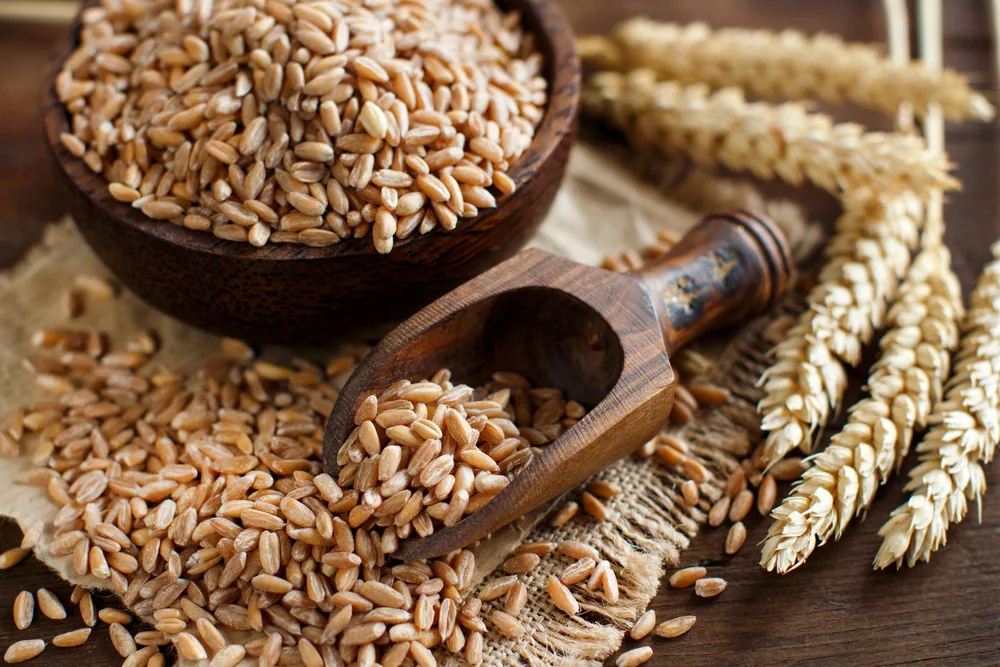
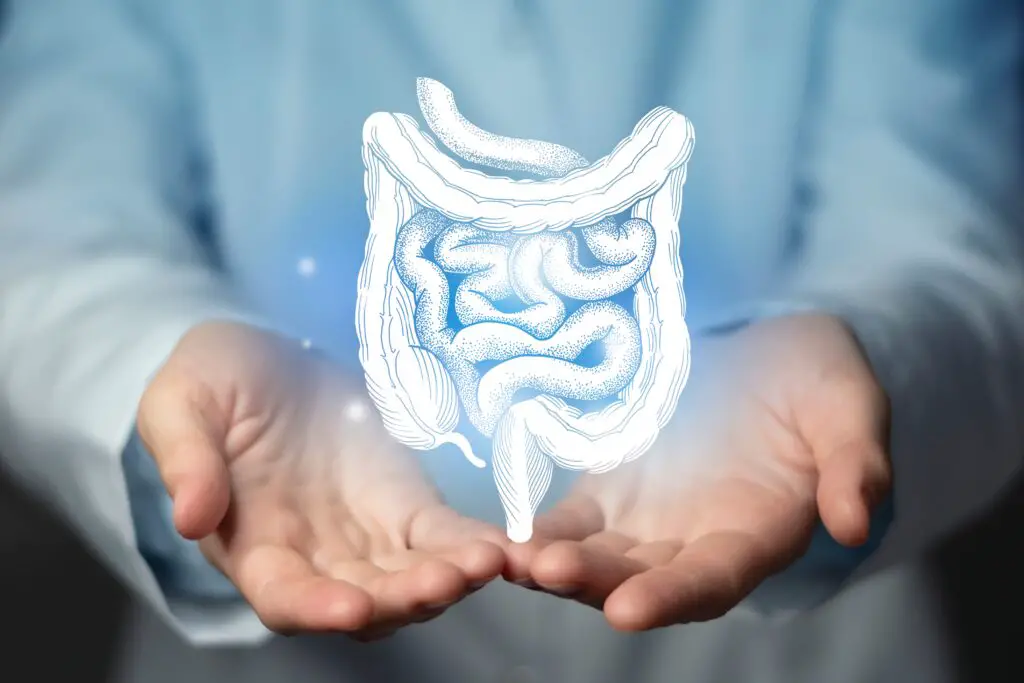
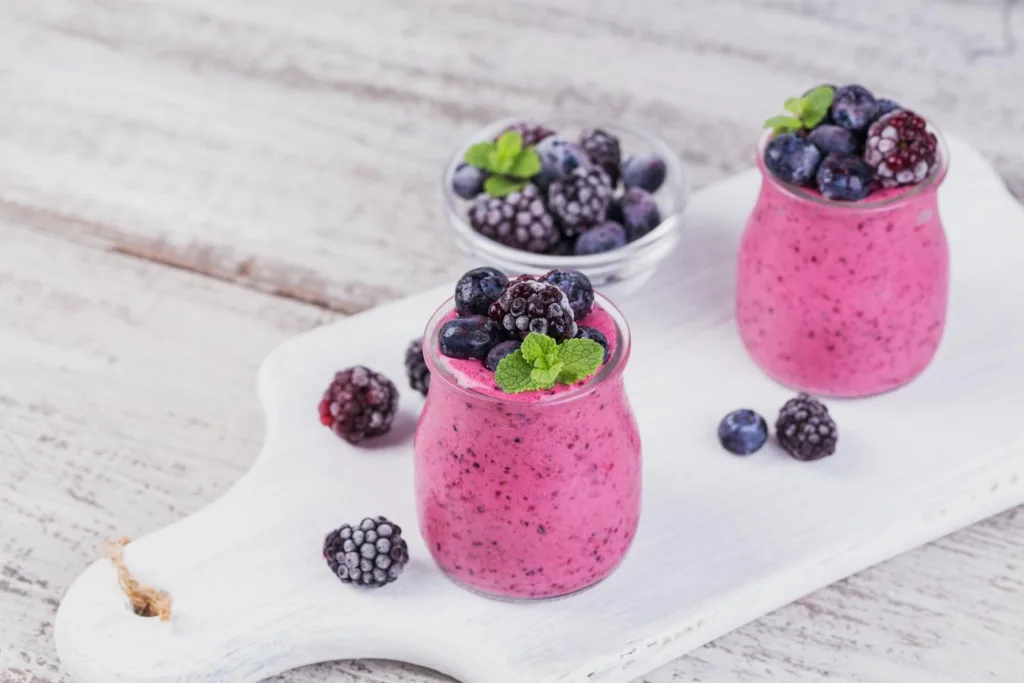
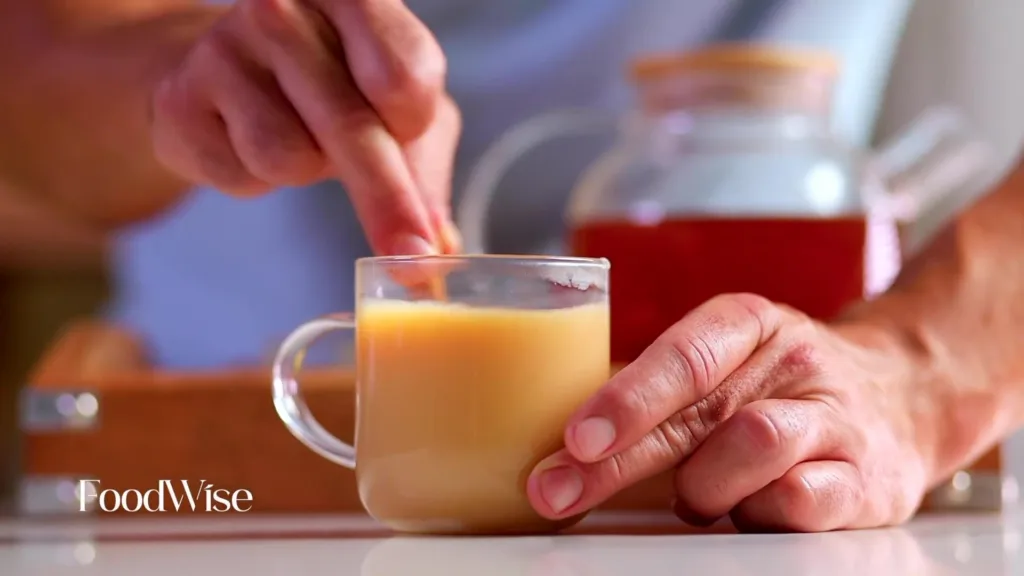
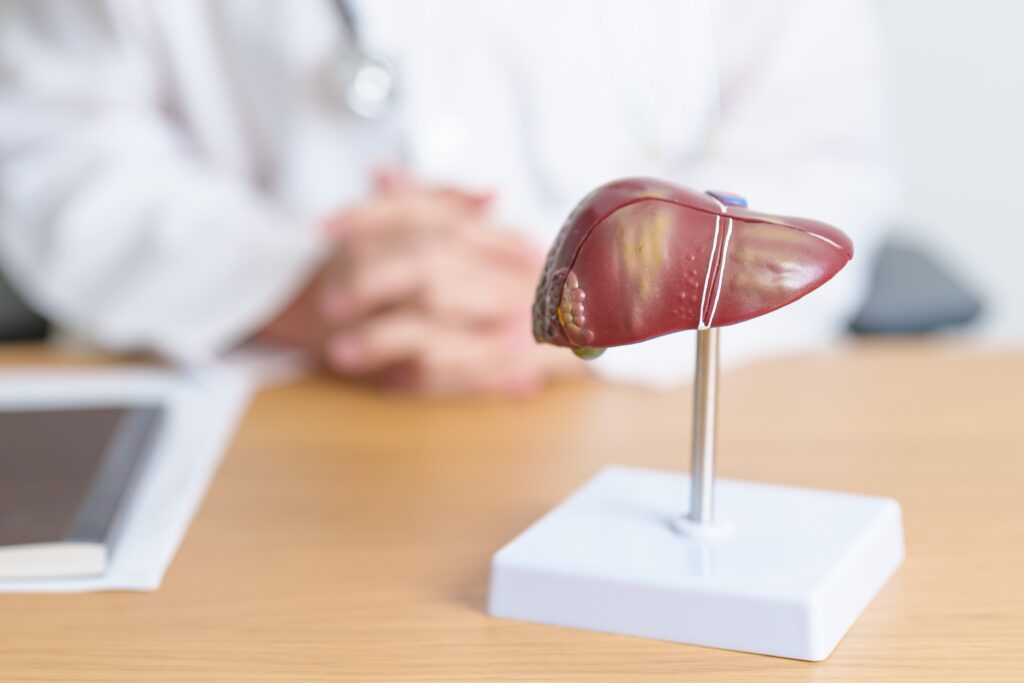
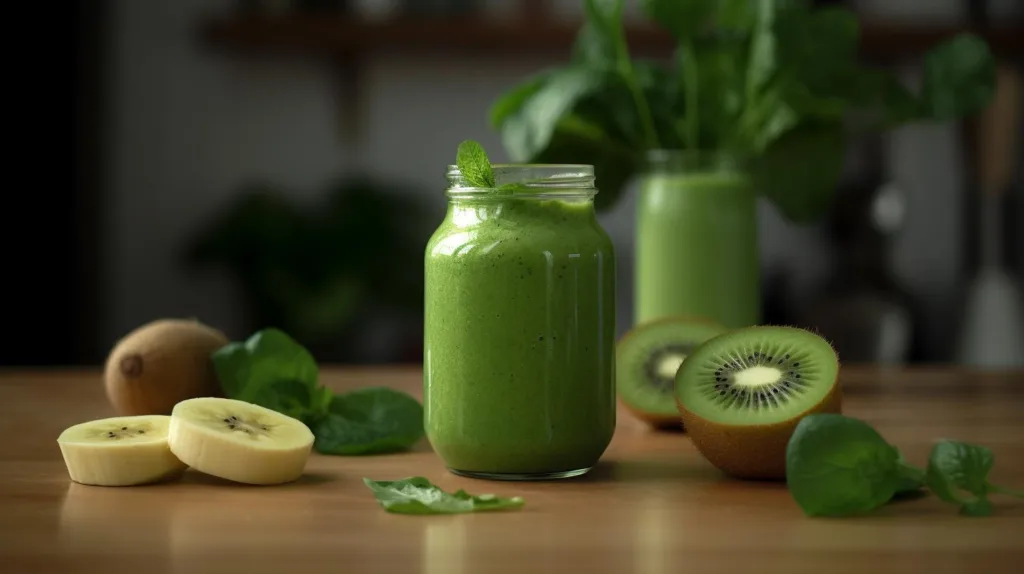
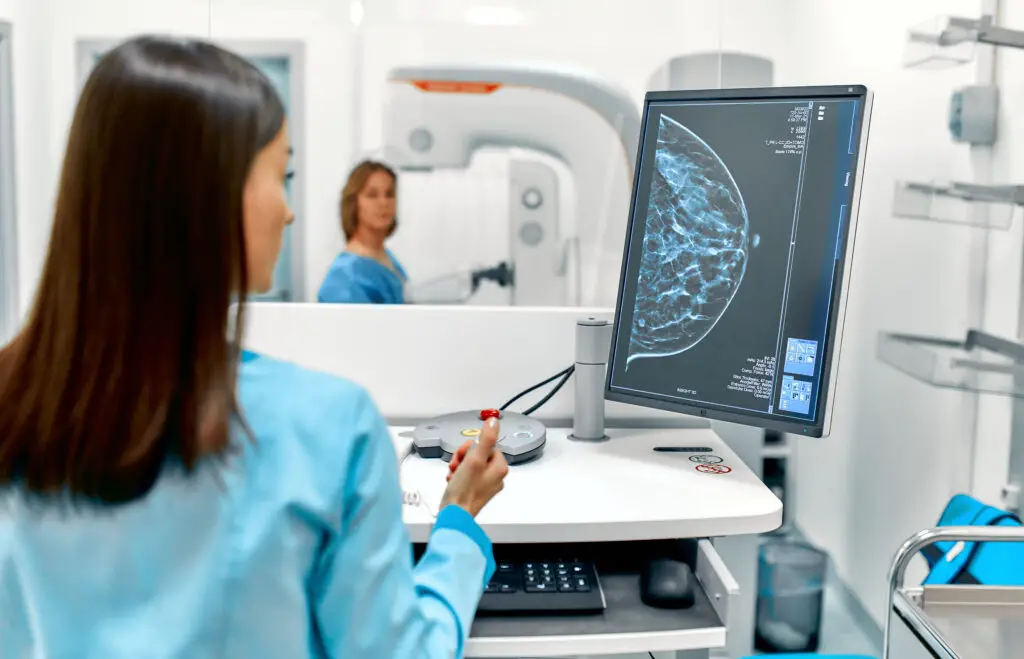
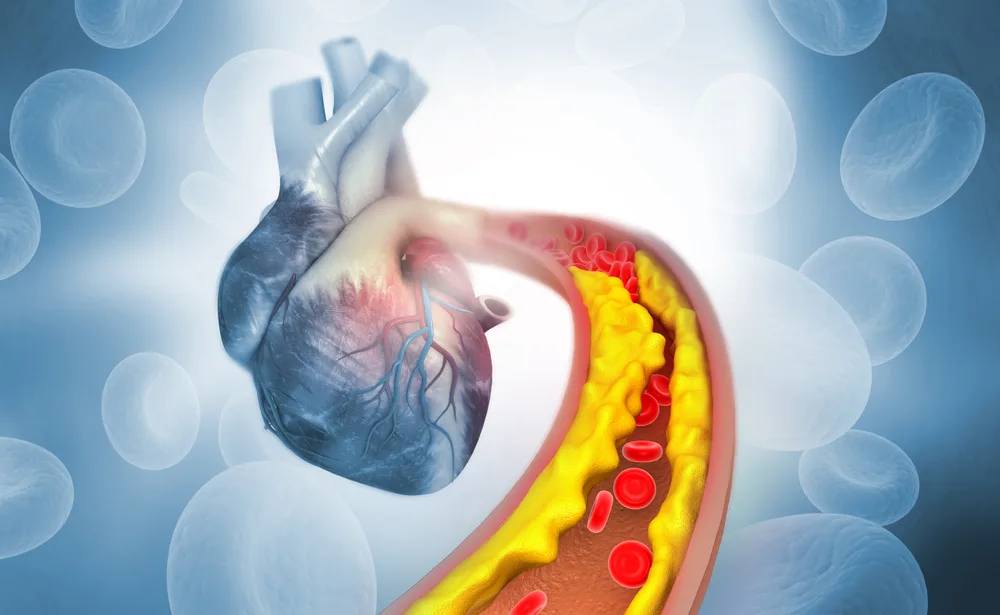
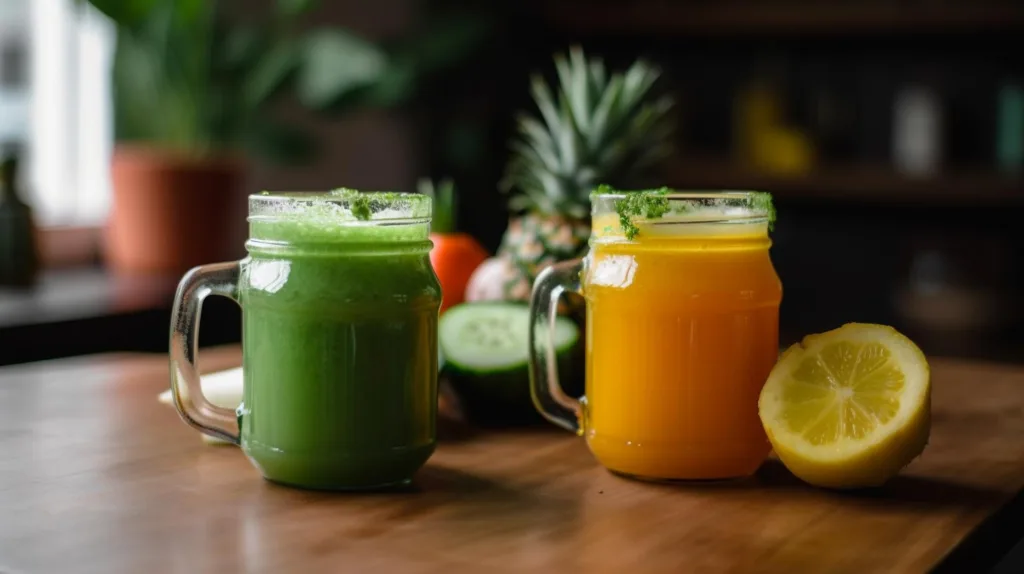
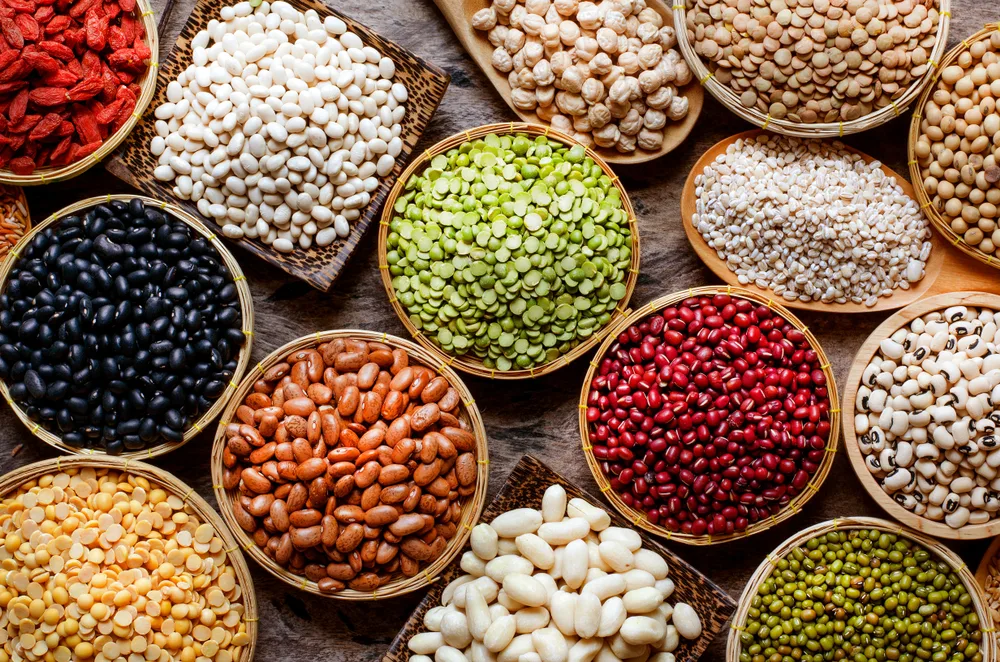
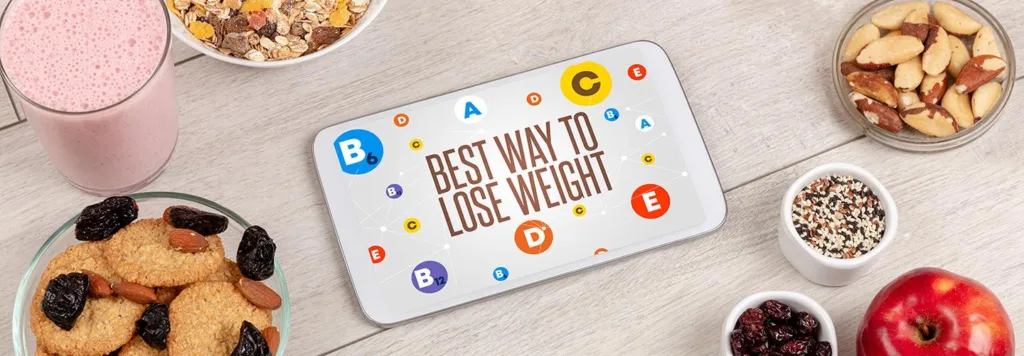

Your blog is a true hidden gem on the internet. Your thoughtful analysis and in-depth commentary set you apart from the crowd. Keep up the excellent work!
I just wanted to drop by and say how much I appreciate your blog. Your writing style is both engaging and informative, making it a pleasure to read. Looking forward to your future posts!
Your articles never fail to captivate me. Each one is a testament to your expertise and dedication to your craft. Thank you for sharing your wisdom with the world.